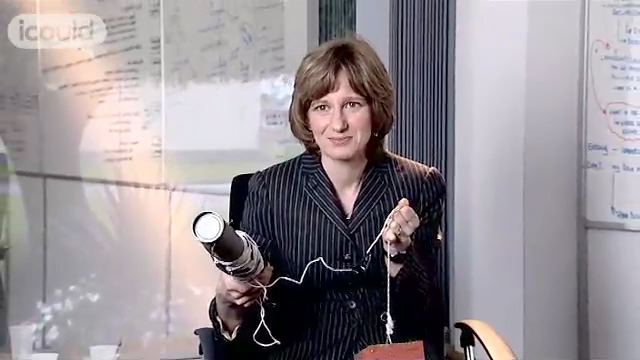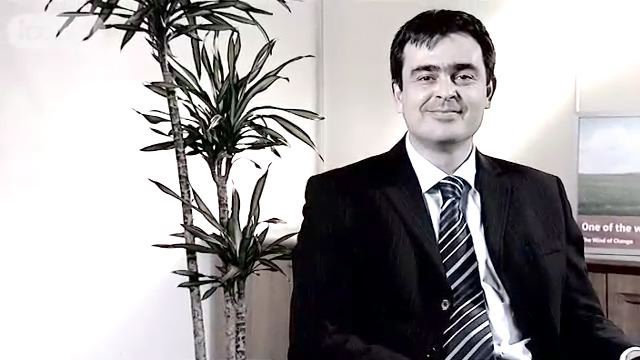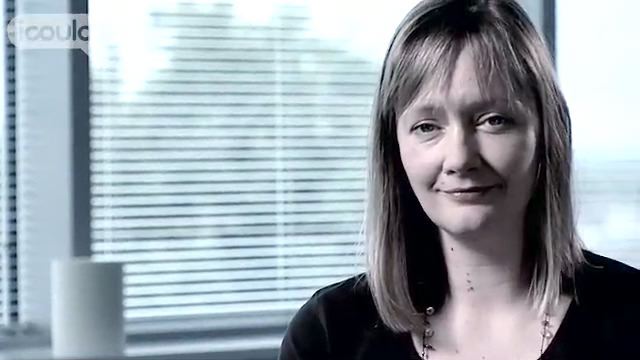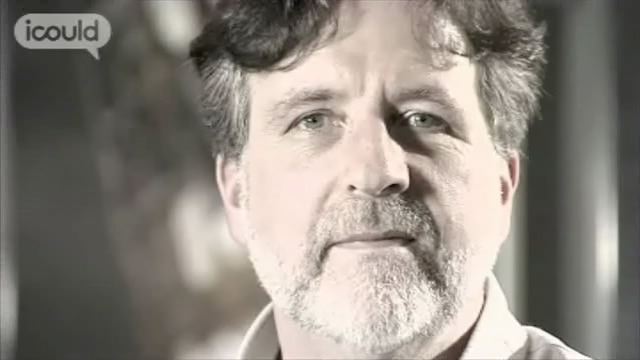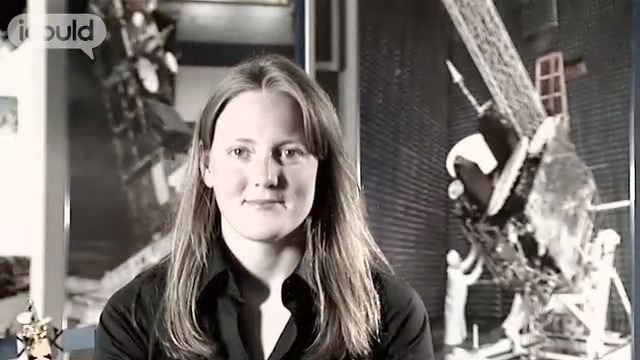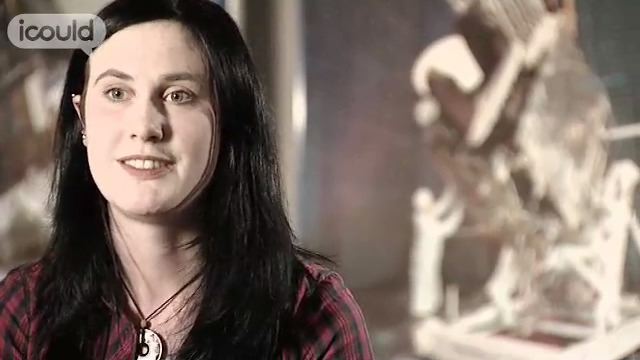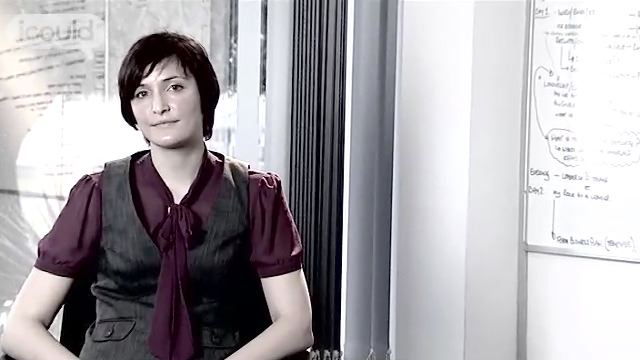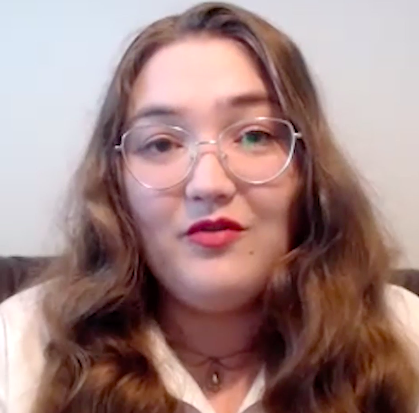Mechanical Engineer
EADS Astrium
Nicola S
0.00.00 Okay, my name is Nicola S. I’m a mechanical engineer and I work at Astrium in Stevenage. I am part of a design team that designs satellites in spacecraft that will eventually get launched in space. When I was really small I wanted to be an astronaut and it’s, that’s since before I can remember really, probably six or seven years old when I remember saying I really want to be an astronaut.
0.00.30 I always worked hard at sort of maths and sciences. I was active and sporty cos I thought astronauts are healthy so I need to be like that. And right through my GCSE’s and A levels I sort of made sure I worked hard at my maths and my physics and my other sciences so that I could go to university and study and in my idea of what an astronaut’s qualifications would be that I could then follow that path.
0.01.00 Both my parents are civil servants. My dad works in IT. Neither of them have qualifications of university or A levels, but they really wanted myself and my brother to, to get good qualifications, go to university, because they never had the chance to. So they’ve backed me 100% but they’re not engineers so I haven’t followed their path. I went to the University of Bath and I studied mechanical engineering. I started off studying mechanical engineering with French because again to be an astronaut, languages
0.01.30 are helpful, always in the back of my mind. But then after two years I decided to focus on the engineering so I actually stopped the French. The first thing I did when I left Bath, Bath University and I graduated, was I did a three month course at the International Space University. That was when I found out officially that I could not be an astronaut. I spoke to a Flight Surgeon who was a medical specialist and as were, everyone who was there, who wanted to know if their vision was
0.02.00 good enough to be an astronaut, if their diabetes was okay to be an astronaut, I mean, and I spoke to the Flight Surgeon and he explained to me that I couldn’t be an astronaut and that was a massive moment for me. And it was a bit of shock, you know, for twenty years I’ve been thinking about becoming an astronaut and now NASA Flight Surgeon was telling me I couldn’t. It was a massive disappointment. In fact I found out one week before my birthday and I remember for my whole life when I blew out candles for my birthday
0.02.30 I used to go I wish, I want to be an astronaut, every single birthday. And I remember being quite upset because it was a week before I’d been told I couldn’t. So I had to make a decision do I stay wanting to, you know, facing on the space industry or do I completely change? You know, I can do, I’ve got a degree, I can change careers. But I decided then to stay in the space industry and if I couldn’t go up, then I wanted to design something that would go up instead of me.
0.03.00 When I finished the graduate programme I’d like to get onto a project as a mechanical engineer and really see that project from the design right through to the build and then see it launch. When there’s a launch event at Astrium they have a big screen and they invite people who have worked on it, and they have champagne and you watch the launch live. And to be at one of those events and to see a successful launch and to hear from the radio, the frequencies that everything’s okay, everything’s working and that
0.03.30 I designed that, that would be a massive ambition for me. Those projects take 15 / 20 years, so it would take a long time for that final, for that final achievement. But, but that’s I think the aim.
0.03.43
Nicola has always wanted to be an astronaut, she chose her GCSEs, A levels and Degree based on what she thought an astronaut needs. After twenty years of planning to become an astronaut she was told by a NASA Flight Surgeon that it wasn’t going to happen for her so she had to re-think her plans.
More information about Biochemists and biomedical scientists
The UK average salary is £29,813
There are 37.5 hours in the average working week
The UK workforce is 47% female and 53% male
Future employment
- Studies the chemical form, structure, composition and function of living organisms
- Identifies and studies the chemical substances, including microbial infections, involved in physiological processes and the progress of disease
- Performs tests to study physiological and pathological characteristics within cells and other organisms
- Researches the effects of internal and external environmental factors on the life processes and other functions of living organisms
- Performs tests to help clinicians diagnose and treat various conditions, evaluates existing treatments and researches new ways to treat diseases
- Researches, develops and quality checks new products in the pharmaceuticals, food production and agricultural Industries
